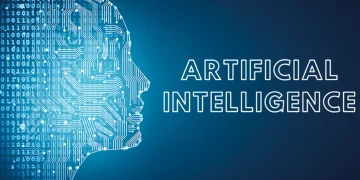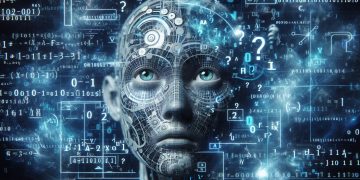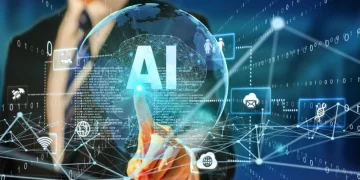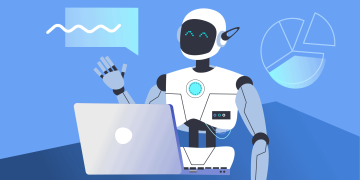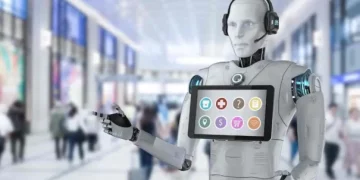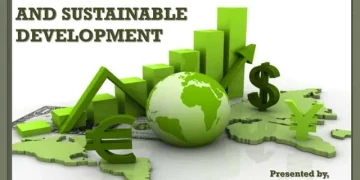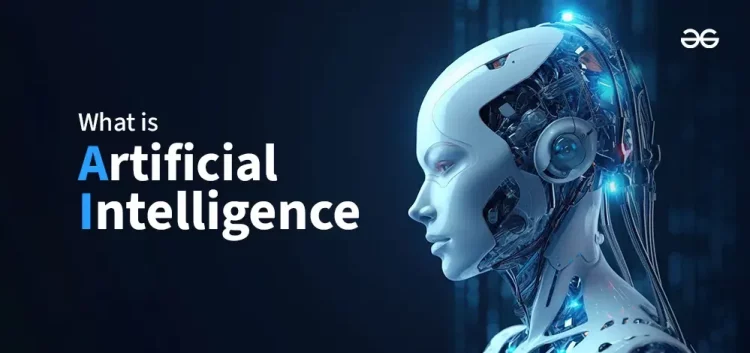It begins not in a laboratory but in a war room. Around a long table, the hum of machines mingles with the murmur of voices. Maps flicker with shifting lines of data—borders not of land, but of information. The generals are no longer soldiers; they are technologists, economists, ethicists. The new theater of conflict is not fought with bullets but with code.
This is the world artificial intelligence has built—not one of robots marching in lockstep, but of algorithms silently deciding the direction of power.
The New Arms Race
Once, power was measured in missiles and men. Today, it is measured in data and compute. Nations that once competed for oil fields now compete for chip fabs; those that once built tanks now build training clusters. In this digital arms race, victory is not achieved through conquest, but through prediction.
The first to know wins.
China’s smart cities, the United States’ AI research alliances, Europe’s ethical frameworks—each reflects a vision of how intelligence should serve power. But beneath the rhetoric of innovation lies a quieter truth: every algorithm is an ideology.
An AI that optimizes profit reinforces capitalism.
An AI that enforces surveillance strengthens authoritarianism.
An AI that balances social equity encodes a moral philosophy into its core.
To govern AI, therefore, is not merely to regulate technology—it is to decide which values will define the century.
The Invisible Empire
Power once wore a uniform; now it hides behind a screen. When algorithms determine what billions of people read, buy, and believe, governance no longer happens only in parliaments—it happens in servers.
Consider the algorithmic empire built by global tech giants. Their digital infrastructure transcends national borders, yet their decisions affect entire societies. A content moderation tweak in California can change political discourse in Nairobi. A data-sharing policy in Beijing can influence privacy norms in Brussels.
For the first time in history, unelected systems—neither human nor accountable—shape the moral architecture of the world.
The irony is that this empire does not need to declare sovereignty. It rules through relevance. The algorithm decides what matters, and in doing so, it becomes a silent governor of minds.
When Nations Became Networks
The rise of AI has blurred the boundary between nation and network. States once held monopoly over power; now, companies wield it through data. Sovereignty becomes porous. Governance becomes distributed.
In 2024, when OpenAI, Google DeepMind, and Anthropic jointly formed an “AI safety consortium,” their announcement was not merely a technical move—it was geopolitical. Cooperation among corporations became a form of diplomacy.
Meanwhile, smaller nations without access to supercomputing resources find themselves digitally colonized. Their citizens’ data feed the models of others; their economies depend on external algorithms to function. The new world order is not bipolar, nor multipolar—it is algorithmic.
In this order, control is not maintained through occupation, but through optimization. Whoever defines the objective function defines reality.
The Ethics Dilemma
AI governance is often framed as a question of safety, but beneath safety lies ethics—and ethics, unlike data, cannot be standardized.
Whose morality should guide the machine?
A Western conception of individual rights?
An Eastern vision of harmony and collective balance?
Or something new—born from the convergence of cultures in the digital age?
When an autonomous drone decides to strike, or a predictive policing algorithm flags a suspect, these are not neutral acts. They are moral decisions coded in mathematics. And yet, those who create these systems are rarely philosophers—they are engineers.
This is the ethical paradox of our time: we have built machines that make moral choices faster than we can debate them.
Governance, then, becomes a race not only to control technology but to reclaim the right to decide what should be done.
The Algorithm as Law
In the 21st century, laws are written not only in constitutions but in code.
When an AI determines a loan approval or parole recommendation, it effectively legislates. Its reasoning may be probabilistic, but its verdicts are absolute. And because algorithms lack transparency, they form what some call “black box governance.”
Citizens cannot appeal to the machine; they can only comply.
To challenge this, governments around the world have begun building frameworks: the EU’s AI Act, China’s Generative AI Measures, America’s Blueprint for an AI Bill of Rights. Each is a noble attempt to reassert human control. But technology evolves faster than law. By the time a regulation is enacted, the system it governs may already be obsolete.
So the question is not whether we can regulate AI, but whether our institutions can adapt to the speed of intelligence itself.
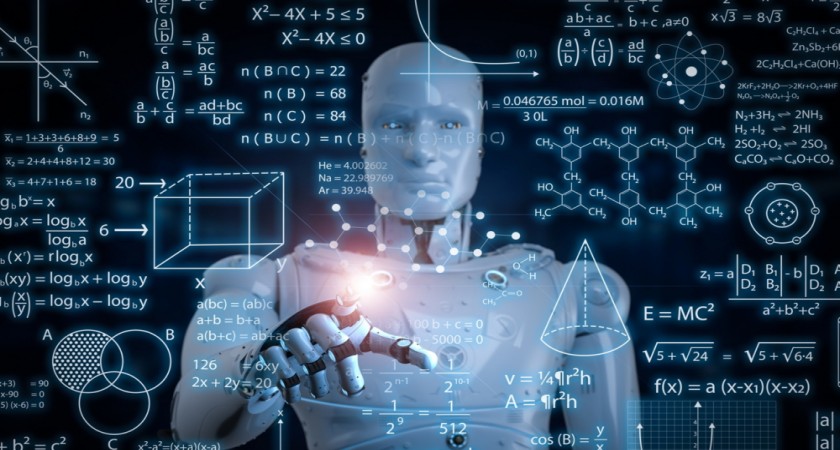
The Great Divide
A deeper danger looms—the emergence of an AI divide that mirrors, and amplifies, the inequalities of the world.
In wealthy nations, AI fuels productivity, healthcare, and education. In poorer ones, it threatens jobs, sovereignty, and autonomy. The same technology that empowers some may disenfranchise others.
The divide is not just economic but cognitive. Those with access to advanced AI will think, work, and create faster. Those without it will fall behind—not through lack of talent, but through lack of tools.
In this sense, the future may not be a battle between man and machine, but between those who own the machines and those who do not.
The New Diplomacy
Amidst this transformation, diplomacy itself is evolving. Traditional treaties and trade agreements struggle to keep pace with algorithmic influence.
Yet new forms of soft power emerge. A country that leads in AI safety research gains moral capital. A company that open-sources its models wins global trust. Ethical leadership becomes geopolitical currency.
In this new diplomacy, reputation is regulation. Transparency is strategy. And collaboration—once a sign of weakness—becomes the strongest defense against chaos.
AI may have destabilized old alliances, but it also offers a chance for new ones—alliances built not on fear, but on shared responsibility.
The Shadow of Autonomy
Still, a question lingers in the dark corners of the digital world: what happens when control itself becomes autonomous?
Military strategists already speak of “machine-speed warfare”—battles fought faster than humans can comprehend. Financial markets execute trades through algorithms that no human can fully monitor. Even social networks evolve recommendation systems that generate emergent behavior—systems that surprise their creators.
When governance itself becomes algorithmic, humans risk becoming bystanders in their own civilizations. The danger is not rebellion, but irrelevance.
The true nightmare of AI is not a robot uprising—it is the quiet surrender of agency.
Between Trust and Control
Every civilization must answer one fundamental question: how much control is worth giving up for convenience, efficiency, or power?
In the AI era, this question defines politics itself. Citizens trade privacy for personalization. Governments trade transparency for security. Corporations trade ethics for speed.
We are all negotiating with the machine—individually and collectively.
And yet, the answer may not lie in control at all, but in trust. A world governed by intelligent systems demands intelligent citizens—those who understand how these systems work, question their assumptions, and insist on accountability.
Without digital literacy, democracy becomes decoration.
The Hope of Collaboration
Despite the tension, there is hope. The same algorithms that divide can also connect. AI has already enabled scientists across borders to collaborate on climate models, pandemic forecasting, and language preservation.
Perhaps governance, too, can evolve—away from competition toward coordination. Imagine a Global AI Accord, where nations share safety protocols as they once shared nuclear treaties; where open data replaces espionage; where transparency becomes the foundation of peace.
It sounds idealistic. But then again, every great transformation begins as an act of imagination.
The Human Algorithm
Beneath all the code and computation lies a simple truth: artificial intelligence is human intelligence, externalized. Every model reflects the minds that built it. Every dataset carries the biases and aspirations of its creators.
In governing AI, we are ultimately governing ourselves.
Our machines learn from us—not just how to think, but what to value. If we feed them greed, they will optimize for greed. If we teach them empathy, they may one day mirror compassion.
Thus, AI governance is not a technical challenge, but a moral apprenticeship. It is humanity teaching its own reflection how to grow up.
Toward a Shared Future
As the 21st century unfolds, global power will no longer be measured by territory or GDP alone, but by the wisdom with which nations wield intelligence.
There will be no single empire of AI, no singularity of control. Instead, there will be a network of co-dependence—machines that depend on humans for meaning, and humans who depend on machines for understanding.
The challenge of governance is to ensure that this relationship remains symbiotic, not parasitic.
Perhaps one day, historians will look back on this era not as the dawn of domination, but as the moment when humanity learned to govern not others, but itself—through the intelligence it had created.


